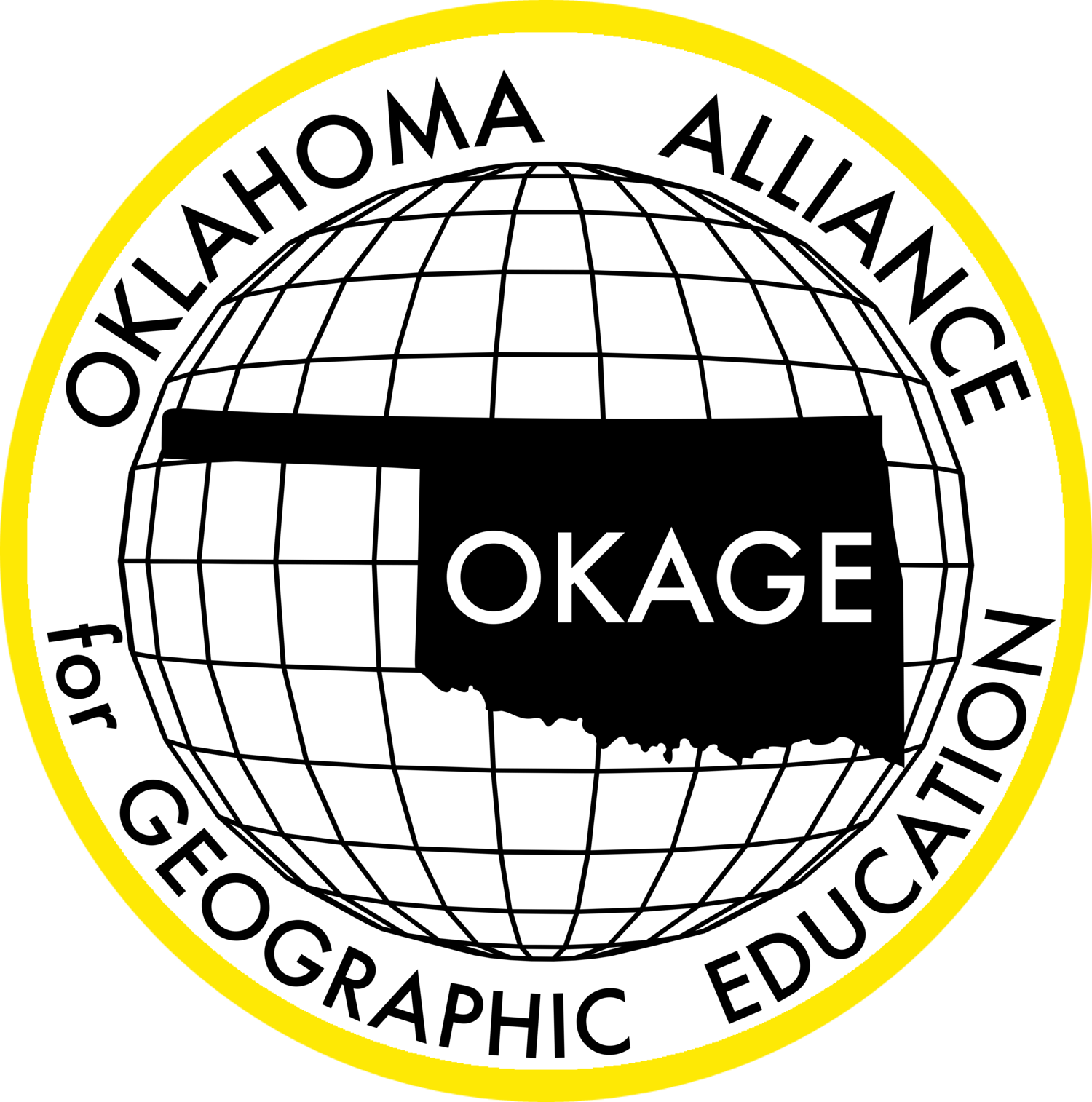Teaching in China
Description: This collection of lesson plans covers topics about China and teaching English in China.
Grade level(s): Middle School
Standards: OAS, GFL
Produced By: John J. Katana
People + Places = Geography
Add a Dash of Space Photography to Your Geography
Description: This lesson plan reviews and strengthens students’ geographic skills. Students will learn to identify, evaluate, and draw conclusions from different kinds of maps, aerial and space photographs, atlases, and computer based technologies. Students can develop use of mental mapping to organize and construct land forms.
Grade level(s): Middle School
Standards: PASS, GFL
Produced By: Pat Smith
World Geography Academy 2005
Description: The World Geography Academy lesson plans cover a variety of topics. This document contains the following lesson plans:
Solve Earth Shaking Dilemmas with Geographic Solutions - Page 14
In Between Geography - Page 18
Man and the Mississippi - Page 23
The Changing Face of Germany 1871-2005 - Page 28
Let’s Go Caribbean - Page 37
Alphabetize Germany - Page 42
Geography of Normandy - Page 49
Food For Thought - Page 55
Images to Ponder - Page 64
How Blows the Wind? - Page 70
Natural Resources in Developing Countries Using the Conservation Pledge - Page 90
Land & Sea - Page 101
Cultural Symbols Our Scenic World - Page 104
Latitude and Longitude Shape Africa - Page 110
Design an Island - Page 124
South Africa: The Land - Page 129
Illustrated Geographic Dictionary - Page 131
Orographic Gold: Teaching the Rain Shadow - Page 135
Population by Numbers - Page 139
Conflict and Cooperation - Page 143
World Neighbors - Page 157
Grade level(s): Middle School
Standards: PASS, GFL
Produced By: William Amburn, Glenda Sullivan, Brenda Runkle, Bob Ehrle, Patricia Anduss, Charlsie Allen, Teresa Begley, Jennifer Babb, and Carrie Hill.






